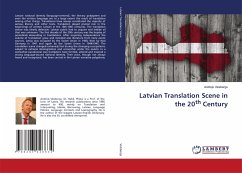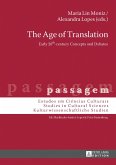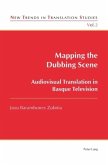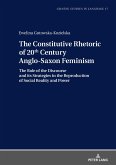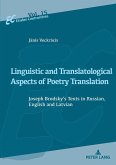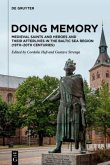Latvian national identity (language-centred), the literary polysystem and even the written language are to a large extent the result of translation among other things. Translations have always constituted the majority of serious literary and other texts. Translation played pivotal role in the beginnings of written Latvian in the 16th-18th centuries. The translation stance was clearly defective: Latvian public had to acquire and imbibe all that was unknown. The first decade of the 20th century was the heyday of periodicals abounding in translations. After acquiring independence the volume of translation grew and included also literature from more exotic sources. Latvia was occupied by the Soviet Union in 1940, then by Nazi Germany in 1941 and again by the Soviet Union in 1944/1945. The translation scene changed extremely fast during the changing occupations, subject to extreme ideologization and censorship under the soviets. In a somewhat paradoxical way translators have formed, altered and inspired a strong language-bound national identity. Their voice, though not always heard and recognized, has been central in the Latvian narrative polyphony.
Hinweis: Dieser Artikel kann nur an eine deutsche Lieferadresse ausgeliefert werden.
Hinweis: Dieser Artikel kann nur an eine deutsche Lieferadresse ausgeliefert werden.

